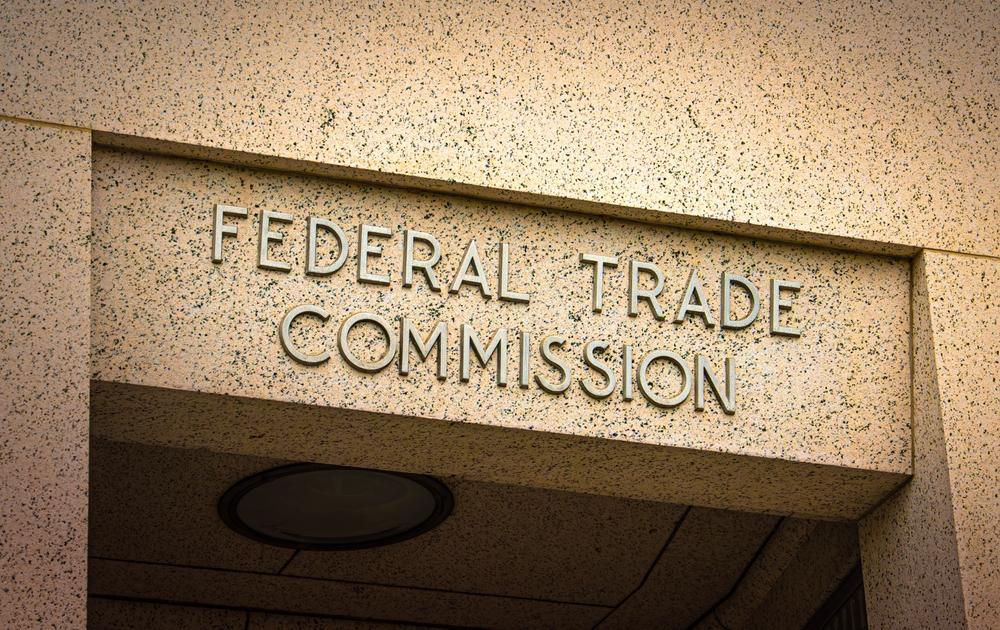
The European Health Data Space overcomes its final obstacle in Parliament

iliomad is deligthed to have supported the ICM - Institut du Cancer de Montpellier in their CNIL's authorization process
We are delighted to share that the ICM - Institut du Cancer de Montpellier was authorized by the French Data Protection Authority (CNIL) to conduct APAD-ECO study. The CNIL granted authorization to conduct a medico-economic study on the effects of physical activity in women treated for breast cancer on April, 19th. This groundbreaking study involves combining data from two clinical trials with that of the Caisse nationale de l’Assurance Maladie, covering the period from 2009 to 2022. The study aims to assess the long-term impacts of physical activity in patients who have undergone treatment for breast cancer. We are proud to have contributed to this project by providing the ICM - Institut du Cancer de Montpellier with a compliant Data Protection Impact Assessment (DPIA), a crucial step in obtaining CNIL approval.





